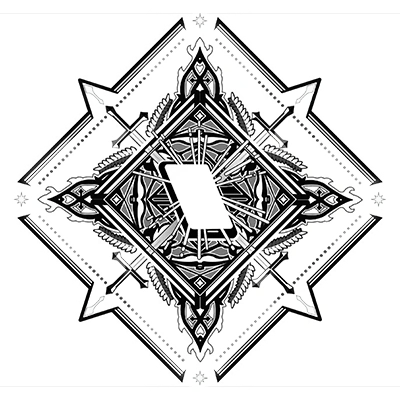Stories, also known as Narratives or Fables, are the central concept that the world of scenarios and the Star Stream, as seen in Omniscient Reader's Viewpoint, is based on. Stories originate from events or occurrences that are notable enough to have "stories" told about them.
Origin and nature[]
Stories can be gained through accomplishing something significant, such as winning a notable battle, or repeating an action hundreds of times. Stories can also be acquired through killing another individual and stealing their Stories.[1] The power of Stories increases with how well they are known, as well as how impressive the Story is to begin with.[2]
In the Star Stream, an individual is very literally made up of their Stories. One's strength is based on the Stories one has accumulated, while those Stories are themselves based on one's actions and accomplishments. Additionally, if an individual is damaged or severely injured, their Stories are also damaged and begin unraveling, resulting in descriptions of wounds leaking words or letters. Severe injuries can result in loss of parts or the entirety of Stories.
Story fragments[]
Fragments of Stories, usually created through Stories being broken apart, exist as limited portions of Stories with little power or influence of their own. They can be pieced together and added into existing Stories in order to mend or reinforce their power, though they need to complement the core Story in order to mesh well. This incorporation is often done in order to mend broken or damaged Stories, and is the premise on which story packs are based.
Grade[]
The power and size of a Story is summarized by the grade of that Story. There are five known grades, listed here in increasing order of size/power:
- Historical (also formerly referred to as "great grade", "upper grade" or "historical-figure grade")
- Legendary
- Quasi-mythical
- Mythical
- Giant (usually used without a "grade" qualifier i.e. these Stories are simply known as Giant Stories)
There are also Stories that cannot or will not be given a grade, often due to their narrative simply being unprecedented (such as with Kim Dokja's Architect of Revelation[3]), or incomprehensible (such as with Kim Dokja's Looked Into The Abyss, which could not be registered by the Star Stream due to its proximity to the Oldest Dream[4]).
Stakes[]
The lowest four Story grades are based on how relevant one's action was, rewarding the individual a full Story. However, Giant Stories are different, with Stories of this scale and near-impossibility only ever having been brought about by groups of individuals. Since multiple individuals own the Giant Story, they are all given different stakes in the Story depending on their level of contribution. Those who were more crucial to the Story being brought about are given higher stakes, able to "tell" a greater part of the Story i.e. wield the power of the Story to a greater extent. On the other hand, those with minimal contributions have smaller parts in the Story, and cannot use it to exert high degrees of power.
Telling of Stories[]
A Story is "told" when its bearer summons its power, and can only be summoned in this way in specific situations that match the setting where the original Story was earned.[5] Telling a Story results in the user being granted a boost to the abilities that were originally used in the Story, with "abilities" being a widely-encompassing term. For example, Kim Dokja's Bug Slaughter (inherited from the demon earl Tentacio) increases his ability when fighting against "bugs" i.e. opponents who are significantly less powerful than him.
When a Story is told and retold, later instances of its telling may influence, add to, and reinforce its power, allowing the user to wield it in new ways.
References[]
- ↑ ORV Novel Chapter 157 (read original)
- ↑ ORV Novel Chapter 146 (read original)
- ↑ ORV Novel Chapter 367 (read original)
- ↑ ORV Novel Chapter 255 (read original)
- ↑ ORV Novel Chapter 155 (read original)
